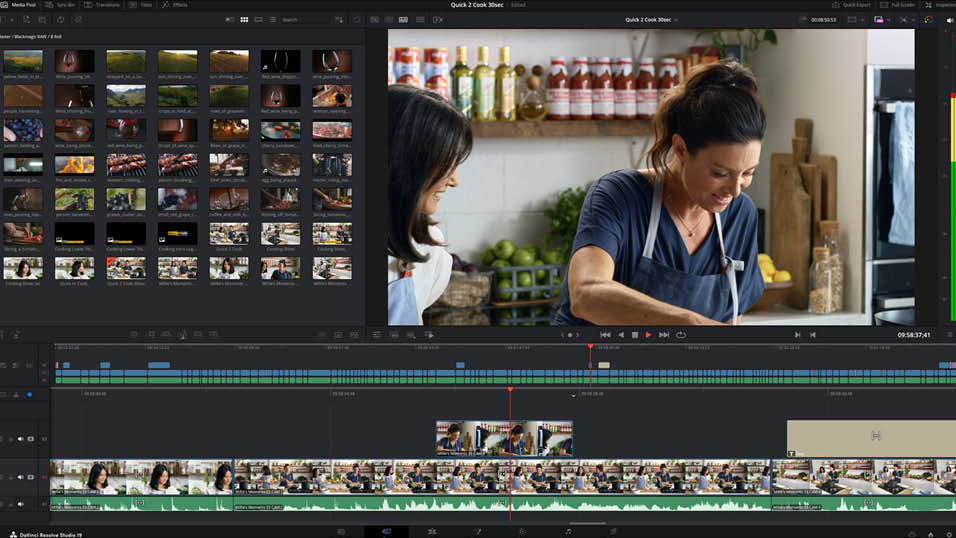The report, authored by Bournemouth University experts, in collaboration with the Bectu Unscripted branch, surveyed 1184 members to gain insights into areas such as working conditions, diversity, and skills.
While the report recognised the success and international reputation of the industry, it also highlighted a range of poor management practices in the industry, and the negative impact it had on those working in television.
Specifically these practices include poor retention of skilled workers, who were burned out by working conditions; inequitable recruitment, job insecurity and poor career prospects for under-represented groups; last-minute job bookings, cancellations and extended hours without breaks or compensation, leading to poor work-life balance; and at worst, accusations of workplace bullying and nepotism.
Recommendations from the report highlight the need for broadcasters to take responsibility for sustainable commissioning practices, allowing time and preparation for workers, and proper HR practices and wellbeing packages for all staff, including freelancers, to ensure mental health is being taken seriously.
The report calls on industry bodies and representatives to play an active role in overseeing the changes and ensuring they are adopted as standard practice.
Head of Bectu, Philippa Childs, said:
“The State of Play report details the underlying problems facing freelancers in the TV industry, which give rise to shocking rates of bullying and harassment and a continuing lack of diversity in the industry.
“The freelancer workforce are the bedrock of the industry’s success, but too often these achievements are predicated on a long hours culture and high stress environments. It is time for a rebalancing and for broadcasters and indies to put in place robust procedures that ensure fairness, diversity and dignity at work.”
Jon Creamer
Share this story

















